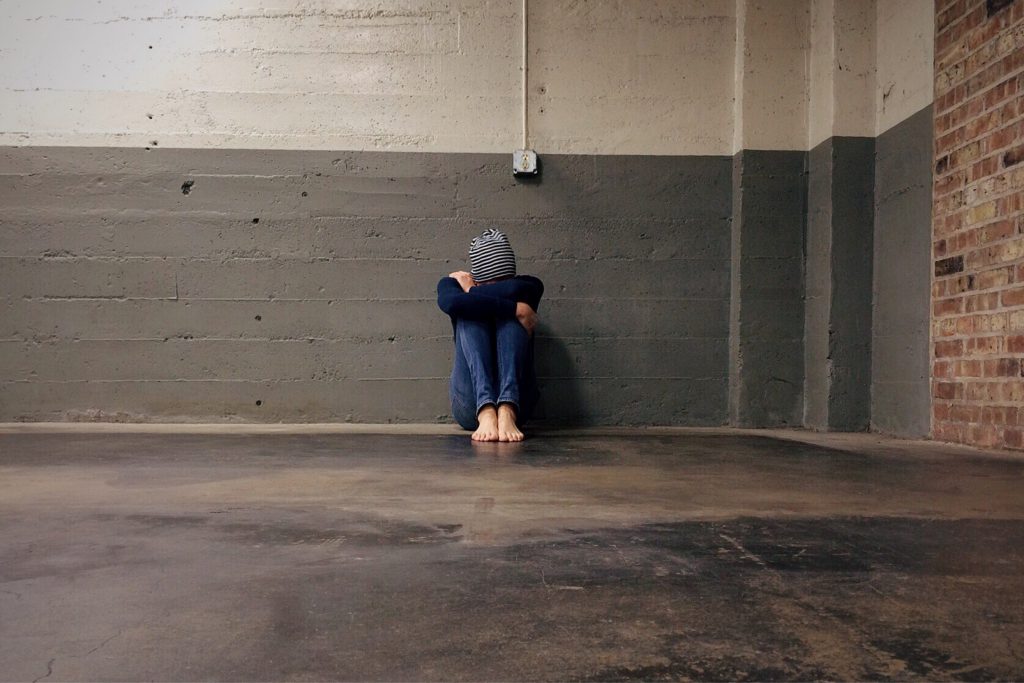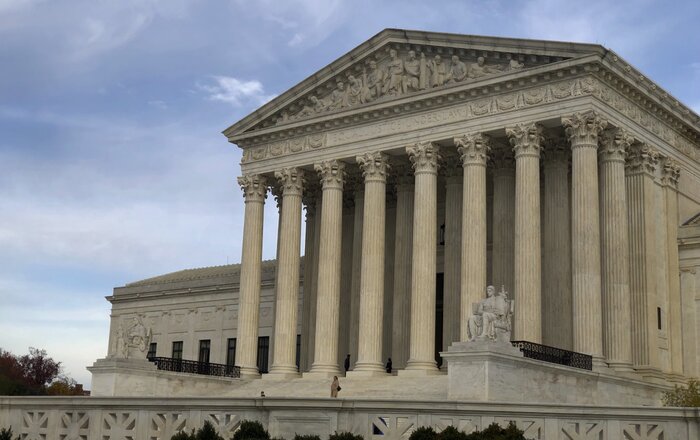Written By:
 Adam H. Rosenblum
Adam H. Rosenblum
Your Dedicated & Trusted Legal Team
3 Generations & 100+ Years of Combined Legal Experience

Being charged with a crime is an intimidating situation to find oneself in. The impact of a criminal conviction goes far beyond the prison or jail sentence, probation, or fines that one might face. Having a criminal record can potentially change how the world perceives and reacts to a person, and can drastically alter one’s relationships and future plans. Many have said that the numerous consequences of a criminal conviction can make it feel like one is being punished for the rest of their life. While many people think only a felony conviction is what is considered impactful, in truth even a “minor” criminal conviction like a misdemeanor (New York) or disorderly persons offense (New Jersey) can have a negative impact as well.
A Criminal Conviction Can: Affect Access to Higher Education
Colleges require disclosure of criminal records when applying for admission. The type and severity of the crime can negatively impact a person’s chances of getting admitted. That doesn’t mean a person won’t be able to get a degree at all, but it can affect the quality and type of school that accepts him or her.
A Criminal Conviction Can Affect Employment
A person who is convicted of a crime could lose his/her job or prevent someone from getting a job in the first place. Many employers ask applicants upfront if they have ever been convicted of a felony. While there is no law requiring a person to disclose criminal convictions, many employers conduct background checks regardless of the answer given on an application. These will often uncover any kind of criminal record, including for misdemeanors and/or disorderly persons offenses.
A Criminal Conviction Can Affect Retirement / Pension Benefits
New Jersey law 43:1-3.1 states that public employees, including those who work for local or state agencies as well as school teachers, can be required to forfeit their pensions as the result of a conviction for certain criminal offenses. New York recently passed a similar law.
A Criminal Conviction Can Affect Insurance Rates
Many kinds of insurance providers, including life insurance, homeowner’s insurance, and auto insurance, can and often do conduct background checks. Even a misdemeanor offense can cause a person’s rates to go up or result in being denied coverage. The assumption is that the choices that one made which resulted in criminal behavior makes a person too risky to insure.
A Criminal Conviction Can Affect Immigration Status
Immigrants who do not have citizenship status can find themselves in danger of deportation as a result of a criminal conviction. This applies mainly to violent crimes. However, for immigrants who lack legal status something as simple as a traffic ticket can carry the risk of deportation.
A Criminal Conviction Can Affect Travel and Leisure
If a person is sentenced to probation or released on parole following a prison sentence, there will be a limit to the places he/she can travel. Even when the probation or parole period ends, it can be difficult to travel. While there are very few crimes that can prohibit a citizen from getting a U.S. passport, many countries, such as Canada, do not allow individuals with certain criminal convictions to enter the country. Read more about traveling with a criminal record here.
A Criminal Conviction Can Affect the Right to Vote
New Jersey and New York do not allow imprisoned individuals to vote during elections. Persons convicted of a felony offense in New Jersey cannot vote again until they have completed the terms of their sentencing, including jail time, parole, and any counseling or other programs ordered by the judge. In New York, convicted felons are permanently barred from voting.
A Criminal Conviction Can Affect Family Relationships
In New Jersey, a criminal sentence greater than 18 months (three years in New York) is considered eligible grounds for an at-fault divorce. A criminal conviction in both New York and New Jersey can also affect child custody rights and render one ineligible to adopt a child in the future.
A Criminal Conviction Can Affect Second Amendment Rights
This country was built on the inalienable right of one to bear arms. But domestic violence, drug charges, and other serious offenses can limit one’s ability to legally purchase guns or other firearms.
Can a Criminal Record Be Expunged?
Depending on the state, there is a possibility of expunging a criminal record, thus minimizing the future impact it can have on a person’s life. In New Jersey, certain criminal and even arrest records can be expunged. There are numerous crimes that are not expungeable, such as arson, perjury, murder, manslaughter, robbery and rape. The length of time a person must wait to have a record expunge depends on the crime in question, and can vary from one year to 10 years from the conviction date.
New York does not allow for expungements, but it will seal criminal records under certain circumstances. A record can only be sealed in New York after 10 years have passed from either the date of conviction or the date of release from incarceration (if incarcerated). Furthermore, the person cannot be convicted a second crime during the 10-year period and cannot have been convicted of two or more crimes in total. Like New Jersey, many violent crimes and felonies do not apply.
How to Avoid the Consequences of a Criminal Conviction
In addition to hundreds if not thousands of dollars in fines as well as the risk of incarceration, the penalties and other consequences of a criminal conviction are not to be taken lightly. The best way to avoid the impact it will have on one’s life is to consult with an attorney and defend oneself against the charges. If you or a loved one is facing a serious criminal charge in New York or New Jersey, contact the skilled attorneys of Rosenblum Law right away at 888-815-3649. You can also contact the Firm if you have a NJ criminal or arrest record that you would like expunged.
Other Criminal Charges:
 Adam H. Rosenblum
Adam H. Rosenblum
About The Author
Adam is the founding attorney and principal of Rosenblum Law. With more than two decades of legal experience in numerous areas of law practice, his primary focus is law firm management and business development.
Read MoreLatest from Our Blog



Editorial Standards
Rosenblum Law is committed to delivering informative content of the highest quality. All content is subject to our rigorous editorial standards for relevance, accuracy, sourcing, and objectivity. Everything is fact-checked by an editor and reviewed for legal soundness by one of our practicing attorneys prior to being published.
How to Cite Rosenblum Law’s Article
APA
Adam H. Rosenblum (Aug 27, 2010). Politician Who Collects Votes…And Speeding Tickets. Rosenblum Law Firm, https://rosenblumlaw.com/politician-who-collects-votes-and-speeding-tickets/
MLA
Adam H. Rosenblum "Politician Who Collects Votes…And Speeding Tickets". Rosenblum Law Firm, Aug 27, 2010. https://rosenblumlaw.com/politician-who-collects-votes-and-speeding-tickets/






Comments